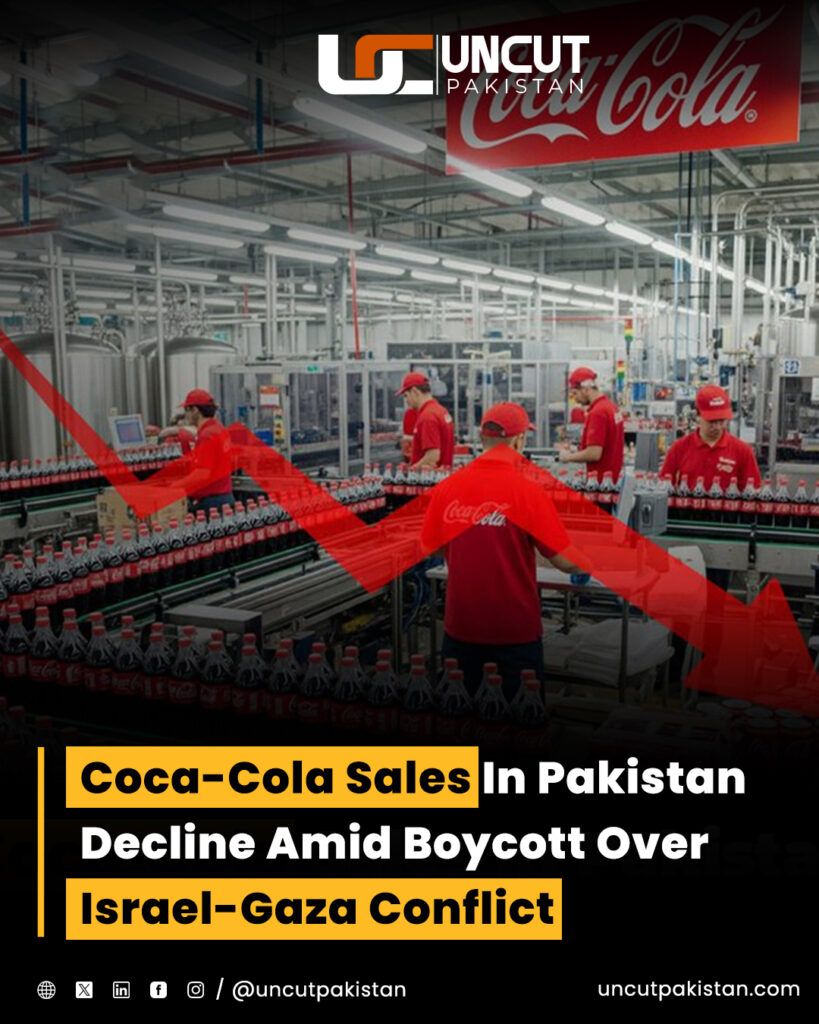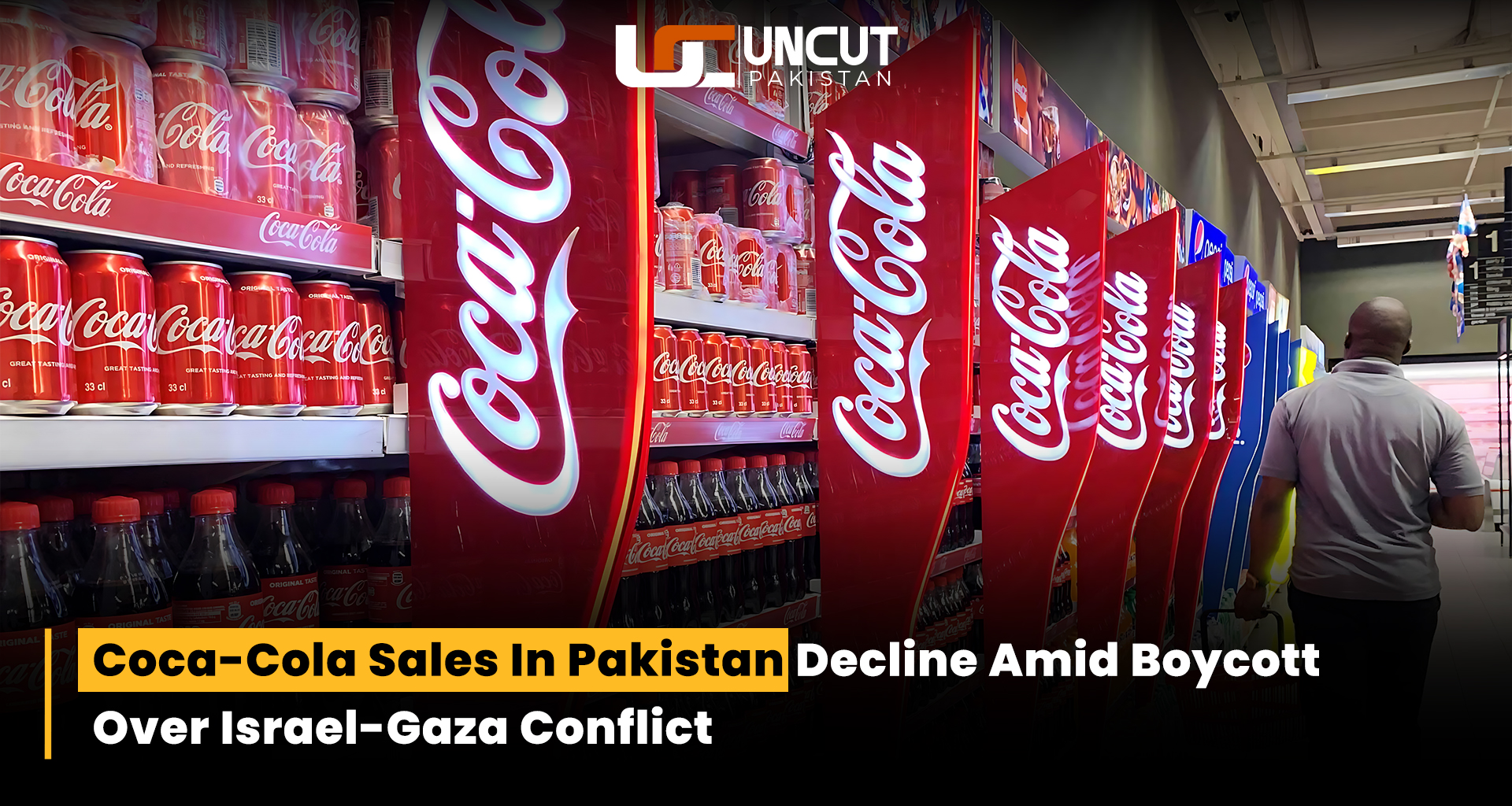Background of the Boycott
The Israel-Gaza conflict has ignited strong reactions across the Muslim world, including Pakistan, where citizens have launched boycotts against multinational brands allegedly linked to Israel. Among the most targeted is Coca-Cola, a global beverage giant that has long dominated the Pakistani soft drink market.
Decline in Sales
Retailers across Pakistan’s major cities—Karachi, Lahore, Islamabad, and Peshawar—have reported a noticeable decline in Coca-Cola sales. Grocery store owners and supermarket chains confirm that customers are now deliberately avoiding Coca-Cola products and opting for local alternatives such as Pakola, Gourmet Cola, and other regional drinks.
Market watchers believe that while Coca-Cola has enjoyed strong brand loyalty for decades, the boycott movement has started to impact its market share, particularly among younger and socially conscious consumers.
Role of Social Media Activism
The campaign has gained momentum largely through social media platforms. Hashtags like #BoycottCocaCola, #SupportPalestine, and #FreeGaza have been trending in Pakistan, with activists, influencers, and ordinary citizens urging each other to boycott the brand.

Videos showing people discarding Coca-Cola bottles, replacing them with local brands at events, and encouraging others to stop purchasing them have gone viral. The boycott has become more than a commercial move; it has turned into a symbolic act of solidarity with Palestinians.
Coca-Cola’s Response
Coca-Cola has not issued an official statement specifically addressing the boycott in Pakistan. Globally, however, the company has rejected allegations of political involvement, maintaining that it does not take sides in conflicts and operates strictly as a business.
Still, the perception among Pakistani consumers remains largely skeptical, with many believing that economic pressure is one of the few tools available to support Gaza.
Economic Impact and Opportunities for Local Brands
While Coca-Cola may face losses, local beverage companies have reported a surge in demand. Pakistani brands like Pakola and Gourmet have benefited from this consumer shift, gaining visibility and market share at Coca-Cola’s expense.
Economists caution, however, that boycotting multinational companies can have a dual impact: while it sends a strong political message, it may also affect thousands of Pakistanis employed by such companies across factories, distribution chains, and retail outlets.
Broader Implications
The boycott reflects the deep sense of solidarity that Pakistanis feel with the Palestinian cause. It also highlights the power of consumer activism in shaping corporate behavior and market dynamics. Whether Coca-Cola’s sales decline will have a long-term effect or fade as a short-term trend remains to be seen, but the message from consumers is clear: political conscience is influencing purchasing decisions.
Conclusion
The decline in Coca-Cola sales in Pakistan shows how deeply the Israel-Gaza conflict resonates with the public. The boycott has become more than an economic move—it is a statement of unity with Palestine. As local brands thrive, Coca-Cola faces not just a business challenge, but also a crisis of public perception in Pakistan.

